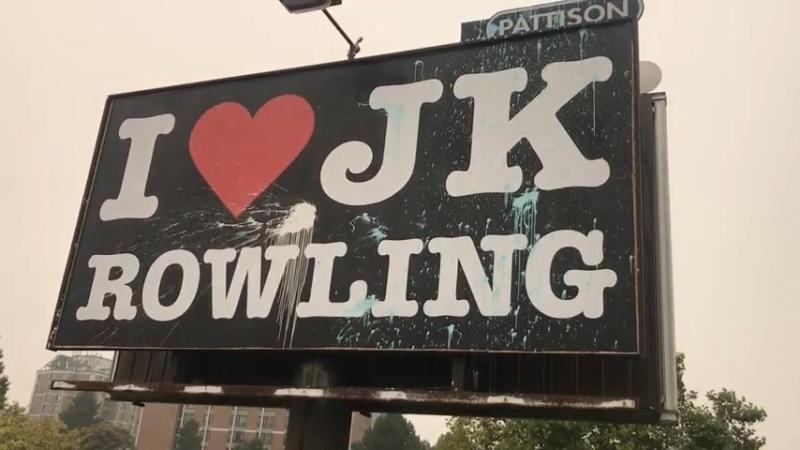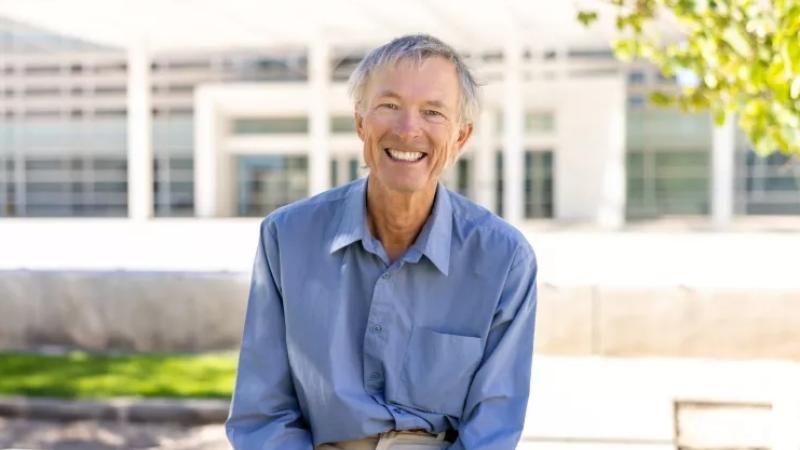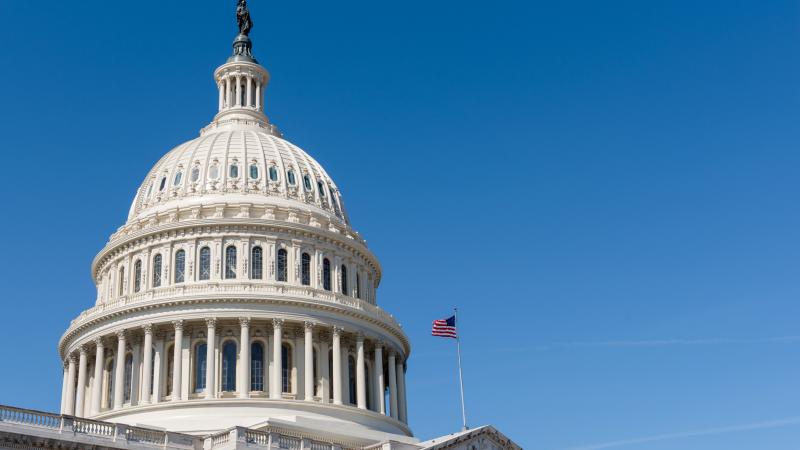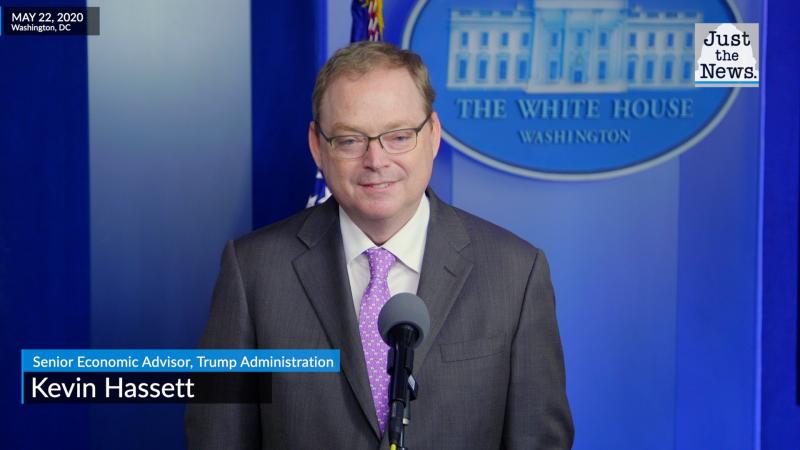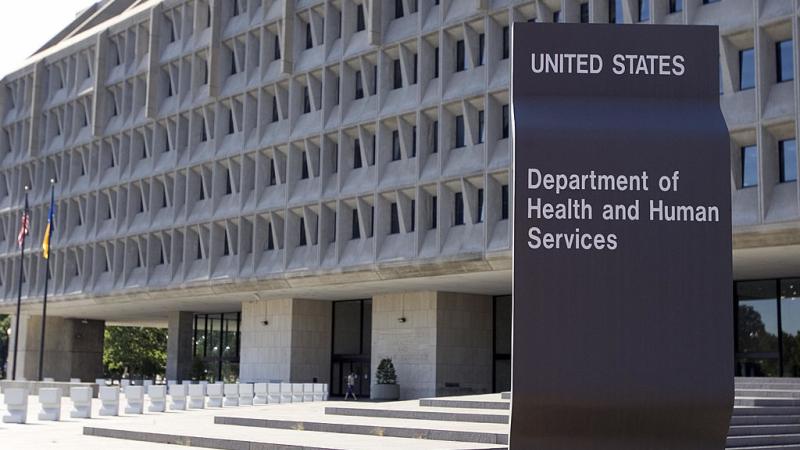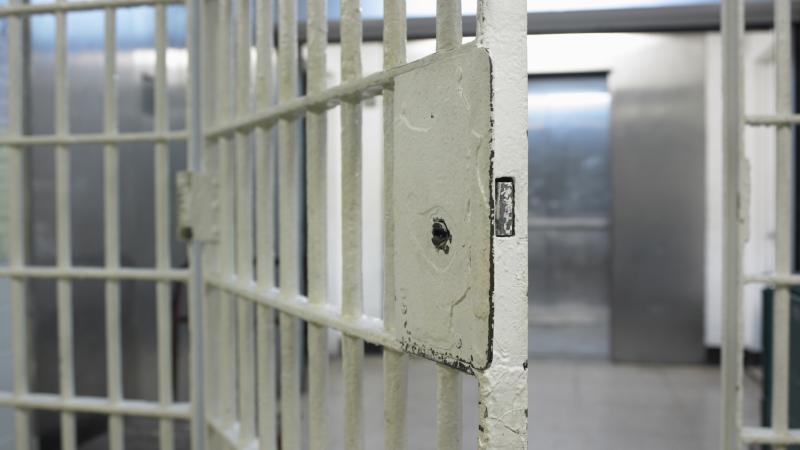New Twitter files show top executive uncomfortable with FBI intervention
Yoel Roth said that he wasn't "particularly comfortable with the Bureau (and by extension the [Intelligence Community]) demanding written answers."
The latest installment of the "Twitter Files" Sunday night revealed the social media giant’s Trust and Safety chief expressed discomfort over increasing censorship demands from the FBI.
The sixth installment showed that "Twitter's contact with the FBI was constant and pervasive, as if it were a subsidiary," wrote Matt Taibbi, one of the journalists enlisted by Twitter CEO Elon Musk to detail the findings, in the Friday thread. "Between January 2020 and November 2022, there were over 150 emails between the FBI and former Twitter Trust and Safety chief Yoel Roth."
But it also has revealed, with the release of the supplementary material, that the FBI was apparently becoming unhappy with some of Twitter's responses and that they were seeking more in the way of specific written answers to their concerns that Twitter was not monitoring the "propaganda" as efficiently as the FBI wanted.
"In July of 2020, San Francisco FBI agent Elvis Chan tells Twitter executive Yoel Roth to expect written questions from the Foreign Influence Task Force (FITF), the inter-agency group that deals with cyber threats," Taibbi tweeted.
He wrote, "Seeing Roth act so quickly in response to the possibility of a 'swirl' forming in the 'IC' should put to rest any questions about who is subservient to whom in this relationship."
One message from San Francisco FBI agent Elvis Chan asked Roth, "In what ways and by what measures do you see official propaganda actors as less active than other groups on your platform?"; "What groups are you comparing to official propaganda actors?" and "What quantitative metrics do you use to judge volume of activity on your platform? On what scale? Can you provide these metrics?"
Roth wrote an email to his team at Twitter, saying "I'm frankly perplexed by the requests here, which seem more like something we'd get from a congressional committee than the Bureau."
Roth said that he wasn't "particularly comfortable with the Bureau (and by extension the [Intelligence Community]) demanding written answers," almost as if he could foresee a time in which the emails went public.
In a separate email, Roth questioned the FBI's raising these questions, saying that Twitter had made clear that "official state propaganda is definitely a thing on Twitter."
He continued, "The questionnaire authors seem displeased with Twitter for implying, in a July 20th 'DHS/ODNI/FBI/Industry briefing,' that 'you indicated you had not observed much recent activity from official propaganda actors on your platform.'"


